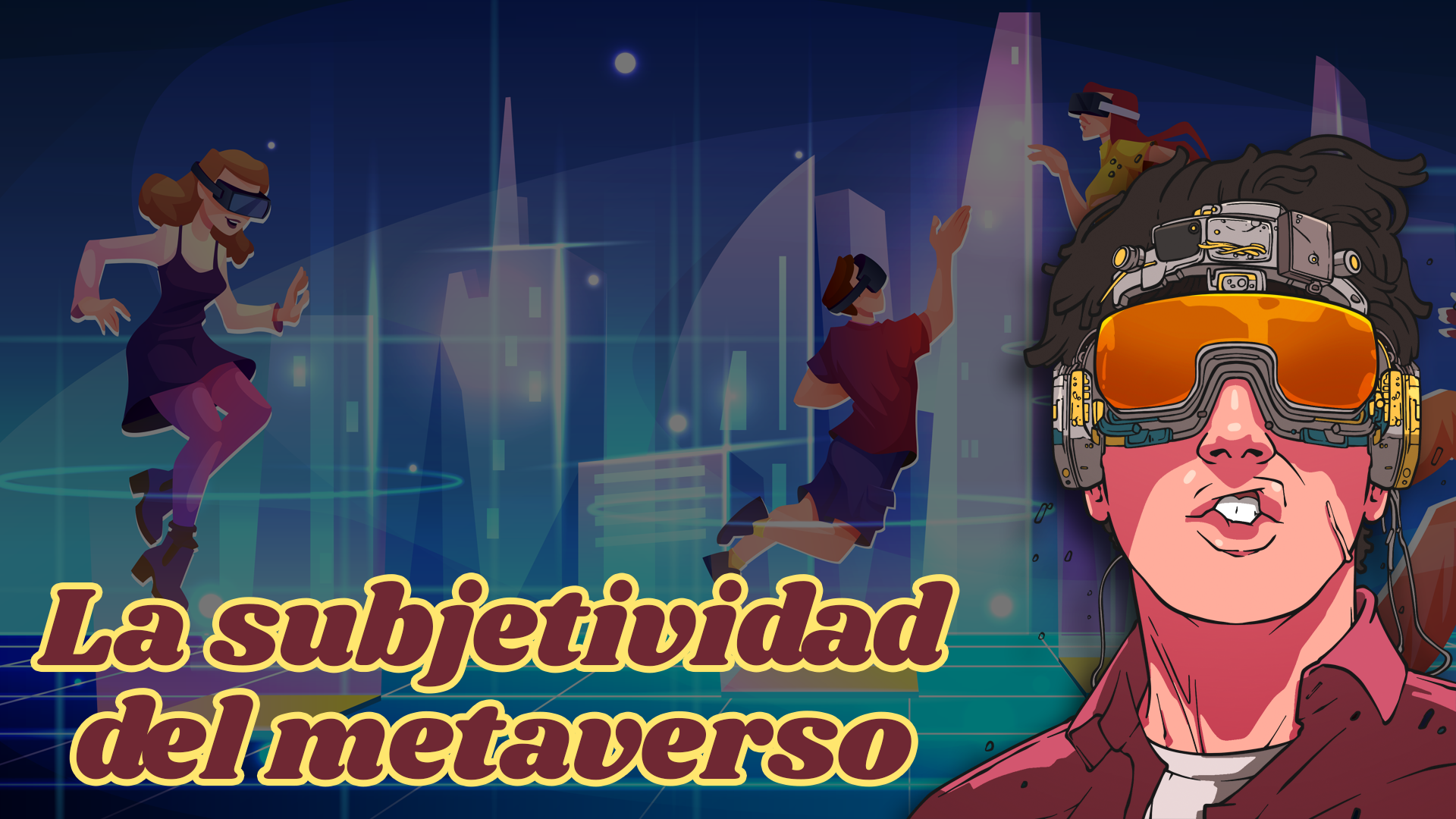The Subjectivity of the Metaverse


…or why we can’t define it in a concrete and generalized way.
Lately, when thinking about the famous concept of the Metaverse—usually referenced by many through Neal Stephenson’s idea—a question keeps popping up: why hasn’t it been possible to establish a precise concept or theoretical framework for defining the Metaverse and, at the same time, spread this knowledge in society? Several years have passed since Stephenson’s book was published (in 1994), and yet the definition of the term is, at best, elusive.
Today, if you asked 10 people what they think about this concept, you’d get 11 different answers.
In a recent conversation with the renowned sociologist and anthropologist Dr. Cecilia Dockendorff, we emphasized the topic of “reality," or that “construct" that each of our brains—without going into great detail—constantly generates based on a myriad of stimuli we perceive from our environment.
The perception of reality is, in fact, subjective and not absolute. Each individual interprets the world through their own experiences, beliefs, and emotions. What may be “real" for one person may not be for another. Even in the scientific field, our observations and measurements are influenced by our subjectivity and the instruments we use.

A bit of history: back in the 5th century BC, a group of philosophers called the Sophists opposed the ideas of Socrates, Plato, and Aristotle (who, to summarize, argued that reality was pure and absolute), paving the way for relativism, mainly through Protagoras and his assertion: “Man is the measure of all things." This philosophical trend (later developed more deeply in the 20th century by philosophers like Nietzsche and Dewey) claims that the different perspectives individuals hold are equally valid and, for that reason, all truth is relative to each person.
Now, if I have successfully conveyed the idea that the reality perceived by each of us is intimately linked to our subjectivity and is based on mutual agreements about shared reality, I can get to the crux of the matter, which is the following:
What if the Metaverse is impossible to define because it is an augmented manifestation of our own individual perception? A 2.0 reality, entirely malleable and shaped by the subjectivity of the person experiencing it. In that case, it would be like trying to define “reality" and expecting it to be uniform and homogeneous for everyone.
Impossible.

Maybe that’s why it has been so difficult to define it clearly and concretely, as each person will experience their Metaverse in the same way they live their life.
Will immersive technologies and their future integration into daily life through a mixed super-reality or “True AR," assisted by Artificial Intelligence, give us the ability to “manifest" our own version of the Metaverse? If so, it would allow us to teach people how to manifest—visually and practically—their own reality, like a kind of coach to help you learn, practice, and implement it in your life.
Perhaps—in a strange way—this long journey through spatial computing is an important part of the much-discussed “spiritual evolution" we’ve been anticipating for the past five decades.
What do you think? Will we reach a point where we discuss metaversal philosophy and metaphysics?